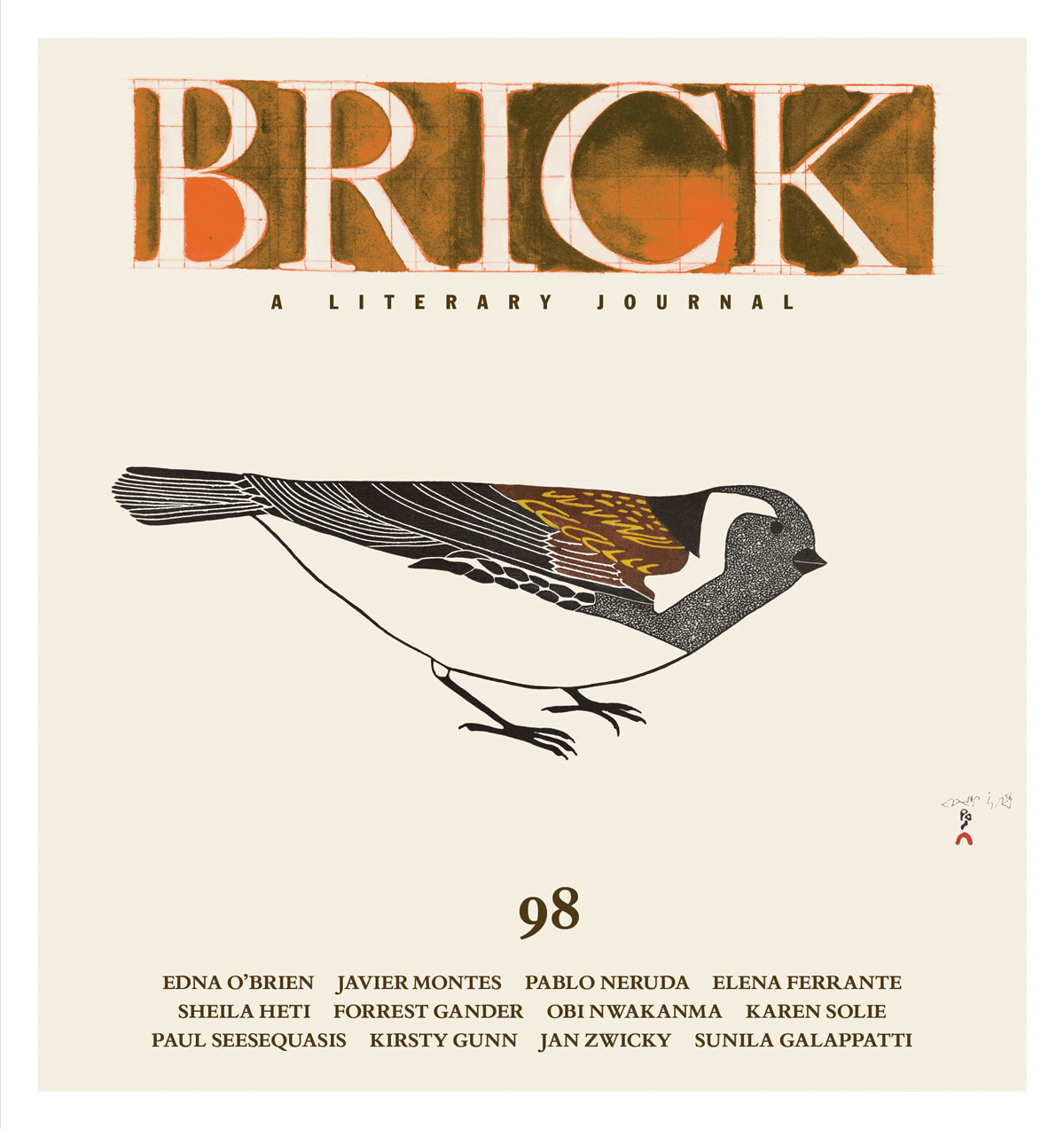The novels in William Faulkner’s Snopes trilogy are mainly comedies, uneasily as they may sit in that category. The Mansion begins with Mink Snopes, on trial for murder, waiting for his successful cousin Flem to show up and use his power and influence to get him off. Flem doesn’t come, and Mink spends his prison sentence biding his time until he’s free and can murder him. Flem knows what he’s got coming and manages to keep his cousin locked up a little longer, manipulating events so that Mink attempts an escape (in women’s clothing, no less—an added humiliation Mink can’t bear). But eventually, after thirty-eight years, the scrappy little murderer is free. With forty dollars in his pocket, he’s loosed upon a changed world to track down a cheap gun and find his way to Jefferson. He gets his man; the novel’s “intellectual,” Gavin Stevens, realizes that Flem’s daughter, Linda, wanted her supposed father gone all along; and everyone but Flem lives however ever after.
But what if Mink killed Linda instead of Flem? It’s a possibility Faulkner wants us to see. When Gavin learns the news of the murder, Faulkner is not explicit about who was killed. He keeps the reader in doubt:
On his way to the office this morning [Gavin] passed the bank whose drawn shades would not be raised today, and as he stood at his desk . . . he could see through his front window the somber black-and-white-and-violet convulsions of tulle and ribbon and waxen asphodels fastened to the locked front door.
Flem is the president of the bank. The ribbon and asphodels are for him. But couldn’t they also be for his daughter? Couldn’t the president of the bank close up if his daughter were murdered? Like Schrödinger’s cat, Flem and Linda are each both alive and dead for the reader in this moment—and for the next twenty pages.
The narrative jumps back, and the next chapter is focused through Mink. When he approaches Flem’s house with a pistol he bought for eleven dollars, he looks in the window and sees Linda instead of Flem. He’s heard that she’s now deaf, and he’s relying on her inability to hear so he can get in, shoot Flem, and get out undetected. But watching her, “the old helpless fury and outrage possessed him again . . . Suppose she aint deaf a-tall; suppose she’s jest simply got ever body fooled for whatever devilment of her own she’s up to.” Mink thinks he’s been tricked again, and he aims his rage at Linda. With only one bullet, and that reserved for Flem, he thinks, “I got to find a stick of stovewood or a piece of ahrn somewhere.” Linda could very well die in the next few minutes.
But she doesn’t. And that disappointed me.
I sound, perhaps, a bit twisted or heartless, but I believe The Mansion would be a better book if Linda bought it in the end. I don’t have anything against her; quite the contrary, I think she’s the best character in the book. She’s always fighting for what she thinks is right, whether going overseas to drive an ambulance in the Spanish Civil War, where she loses her husband and her hearing, or, when she gets back home to the South and sees the racial inequality around her, starting up classes for struggling black Yoknapatawphans. But still, I think she should have died. It would make me care about the novel more.
Because no one can care about Flem, except maybe to want him dead, as Linda and Mink do. He’s a cold, inscrutable man, not really human in the way Gavin and Linda—and even Mink—are. But if Linda died, how tragic! And how perfect the irony that she’s the one who wants Mink free, knowing exactly what he will do. This woman Gavin has held up as a pure idol uses Mink to avenge her mother’s suicide. If her plan were to backfire in such a devastating way, Mink’s gun turned back upon her—well, there’s a moving book for you.
I realize I might be undoing the whole point of the Snopes trilogy, which is not so much about Linda and Gavin as it is about Flem, who represents some unfeeling force of modernity come to turn Jefferson on its head, out-mansioning Major De Spain and all the elites of the old world. I realize, too, that a book doesn’t have to be a tragedy to be great. But with everything turning out basically all right in the end (disappointed though Gavin may be to realize Linda’s as good as a murderer), that whiff of her death felt like a rotten tease.
Liz Johnston is managing editor of Brick. Her stories have appeared in the Antigonish Review, the Nashwaak Review, The Impressment Gang, and Confingo.
